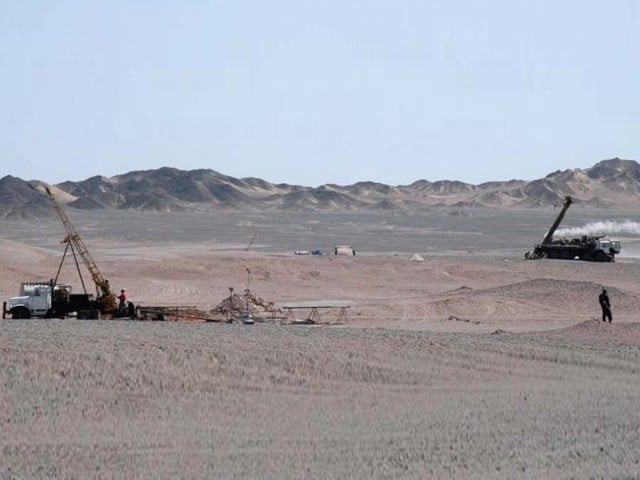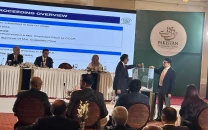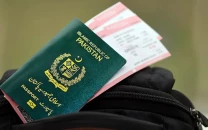The Reko Diq affair
TTC says extraction takes away only 10 per cent from 'value chain’.

The Reko Diq affair
The honourable court will also adjudicate the clashing claims of how value-added the extraction is: the TTC says extraction takes away only 10 per cent from the ‘value chain’; the Balochistan government and its advisers claim a colossally larger margin. The Reko Diq mine is expected to yield 10 billion kilogrammes of copper and 368 million grams of gold over the 50-60 year lifespan of the project. But people who think the mine is a crucial hinge to the future of the province pitch the deposits at a much larger scale. Contestants include competing foreign firms, the government of Balochistan and the board of experts it has set up to work with the foreign company, which has already spent millions of dollars on the start-up of the project.
The chief minister of Balochistan is justified in feeling short-changed when he hears Pakistani experts say that his province would gain more by getting the TTC to surrender on the grounds that the Supreme Court is currently examining the deal. Former finance minister Shaukat Tareen, who was the first to raise his voice over the ‘deal’ given to the TCC by the Musharraf government, is on record as saying: “I think we have sold our future. Any government, anywhere in the world, can renegotiate such contracts on the basis of national interest, and we will do the same. If we are able to export processed metal, we can fetch up to $500 billion instead of $40 billion under the existing agreement.”
In December last year, the province’s chief minister announced that the agreement had been terminated in the interest of the people of the province. He said: “Local demands and needs were not taken into account when the initial agreements were signed.” He thereafter proceeded to acquire the services of Samar Mubarakmand, the Pakistani nuclear scientist who was in charge of testing Pakistan’s nuclear device in the same area in 1998, to head the board of governors overseeing the project, its other members being the secretaries of finance, industries and mines and mineral development, the president of the Balochistan Mine Owners' Association and the project's managing director.
The TCC has eight other projects in Pakistan and can raise the $3.3 billion required to develop Reko Diq. It has already offered an improvement of terms in the contract to the Balochistan chief minister, but it hopes to clear matters up at the Supreme Court, which will look at the case with impartiality. Exaggeration is one element to look into, especially when nationalism gets attached to natural resources, as it has in Balochistan and, in the case of Assam, in India. The other element to analyse closely is the claimed ‘local expertise’ of extraction and the ability of Pakistan to attract the capital needed for the project. The element of risk in Balochistan is high and capital markets weigh this risk with permissible caution.
Not to be ignored also is the reputation of the governments in Pakistan to run large and expensive projects with transparency. The Thar Coal Project was put on the backburner after the ‘officials’ handling the deal with a Chinese firm simply did not have the expertise to adequately estimate its overall running cost. Over-valuation is not an unknown factor in the region. The Caspian Region in our neighbourhood suffered from it and was left holding the bag after foreign firms realised they had exaggerated its natural resources. Our reputable and dispassionate Supreme Court will definitely help resolve this issue before the case goes to international tribunals.
Published in The Express Tribune, January 15th, 2011.
















COMMENTS
Comments are moderated and generally will be posted if they are on-topic and not abusive.
For more information, please see our Comments FAQ